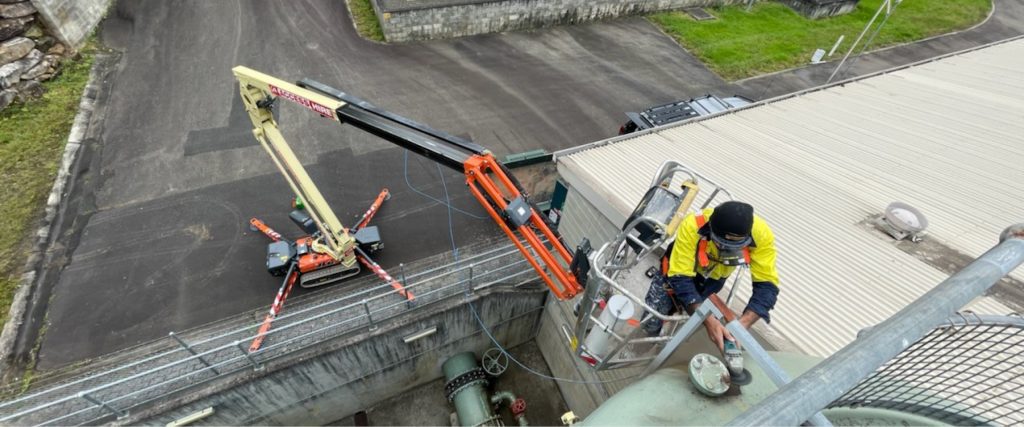Most accidents that occur during the use of an EWP could have been avoided with the appropriate elevated work platform operator training and by using the equipment within the manufacturing specifications.
The below points address the use of EWPs in windy conditions:
The two (2) critical factors are the “Human Element” training and knowledge, and equipment quality. Operators should be using the best quality equipment available fitted with the latest safety and operational technology in the market. Having both quality equipment and qualified operators will reduce incidents when using EWPs.

